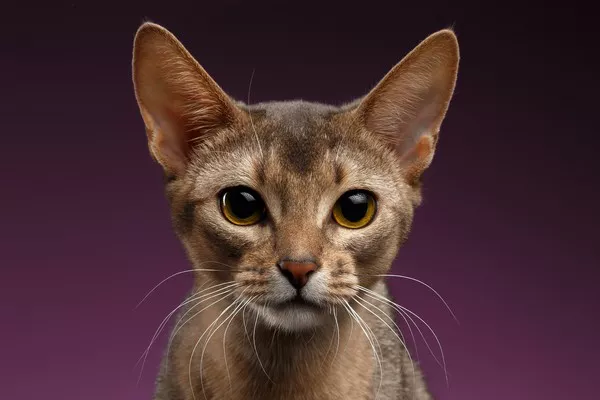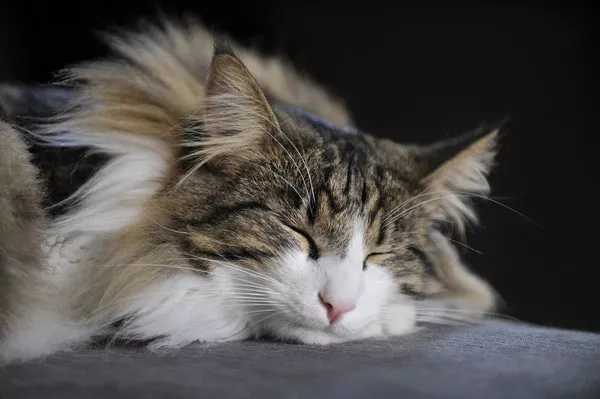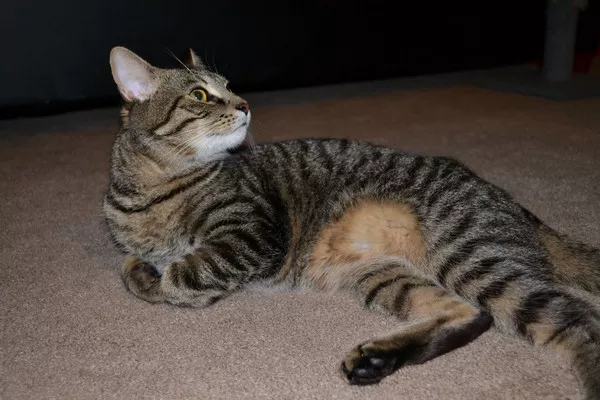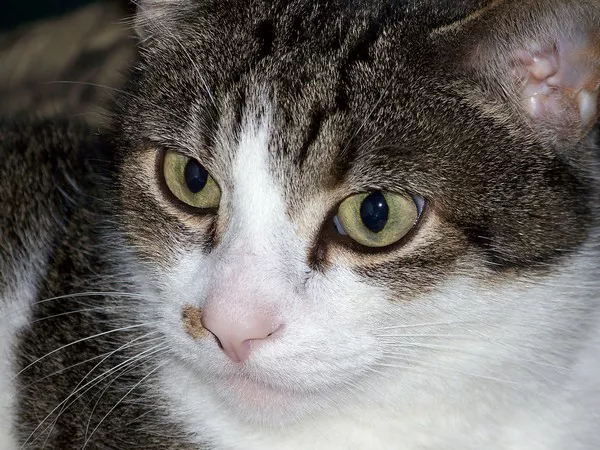Abyssinian cats, known for their striking ticked coats and playful personalities, are a captivating and beloved breed among cat enthusiasts. Responsible ownership involves not only providing love and attention but also ensuring that your Abyssinian receives a balanced and nutritious diet tailored to their unique needs. The question of what to feed an Abyssinian is a common consideration for cat owners seeking to optimize their feline companion’s health. In this extensive guide, we explore the dietary preferences of Abyssinian cats, essential nutritional components, feeding guidelines, and practical tips for fostering a healthy and satisfied Abyssinian companion.
Understanding Abyssinian Cat Nutritional Needs
Before diving into specific feeding recommendations, it’s essential to understand the fundamental nutritional needs of Abyssinian cats. These sleek and active felines require a diet that supports their overall health, energy levels, and specific breed characteristics. Key components of a well-rounded Abyssinian diet include:
High-Quality Cat Food:
Opt for premium, commercially available cat food that is formulated to meet the nutritional requirements of adult cats. Look for options that list meat as the primary ingredient, as Abyssinians benefit from a protein-rich diet.
Protein-Rich Diet:
Abyssinians, known for their active and agile nature, thrive on a diet rich in high-quality animal protein. Protein is essential for muscle maintenance, and a cat’s diet should consist of around 30-40% protein.
Essential Nutrients:
Ensure that the cat food provides essential nutrients such as taurine, omega-3 fatty acids, vitamins, and minerals. These nutrients contribute to various aspects of a cat’s health, including vision, heart function, and coat quality.
Hydration Support:
While dry cat food is a common choice, incorporating wet cat food or providing access to fresh water is crucial for maintaining proper hydration. Adequate water intake supports kidney health and overall well-being.
Avoiding Harmful Additives:
Select cat food that avoids unnecessary additives, fillers, and artificial preservatives. Abyssinians benefit from a clean and natural diet that minimizes the risk of allergies or sensitivities.
Feeding Abyssinian Cats
Feeding an Abyssinian involves considering individual factors that influence their dietary requirements. Each cat is unique, and elements such as age, weight, activity level, and health condition contribute to their specific nutritional needs.
Age:
Kittens, adults, and seniors have varying nutritional needs. Young Abyssinians require a diet that supports growth and development, while older cats may benefit from formulations that address aging-related concerns.
Weight Management:
Monitoring your Abyssinian’s weight is crucial for adjusting their food intake. An overweight cat may need portion control, while an underweight cat may require additional calories.
Activity Level:
Abyssinians are known for their playful and energetic disposition. Cats with higher activity levels may require slightly larger portions to meet their energy demands.
Health Condition:
Abyssinians with specific health conditions, such as kidney issues or allergies, may require specialized diets. Consult with a veterinarian if you suspect any health concerns that could impact their dietary needs.
How to Feed an Abyssinian Cat
Establishing a general guideline for feeding Abyssinian cats provides a starting point for cat owners. Keep in mind that these are approximate recommendations, and individual adjustments may be necessary based on the factors mentioned earlier:
Adult Abyssinian:
Portion Size: 1/4 to 1/2 cup of high-quality dry cat food per meal.
Frequency: 2 meals per day.
Kittens:
Portion Size: Follow the recommendations on the kitten food packaging, typically 3-4 meals per day.
Gradual Transition: As kittens grow, gradually transition them to adult cat food around one year of age.
Senior Abyssinian:
Portion Size: Adjust based on individual needs. Consult with a veterinarian for specific senior cat food recommendations.
Frequency: 2 meals per day.
It’s important to note that these are general recommendations, and individual Abyssinian cats may require more or less food based on their unique needs. Regular monitoring of weight, consultation with a veterinarian, and adjustments to their diet as they age are essential components of responsible cat care.
Practical Tips for Feeding Abyssinians
Establishing a harmonious feeding routine for your Abyssinian involves more than determining portion sizes. Consider the following practical tips to enhance the feeding experience and promote a positive relationship with food:
Scheduled Feeding Times:
Establish a consistent feeding schedule to provide structure for your Abyssinian. Regular feeding times help regulate their appetite and contribute to a routine they can rely on.
Interactive Feeders:
Abyssinians are intelligent and enjoy mental stimulation. Consider using interactive feeders or puzzle toys that dispense food. This not only engages their minds but also slows down the eating process, preventing overconsumption.
Monitoring Body Condition:
Regularly assess your Abyssinian’s body condition to ensure they are maintaining a healthy weight. Adjust their food intake as needed to address any changes in weight.
Avoid Overfeeding:
While it’s tempting to indulge your charming Abyssinian, overfeeding can lead to weight issues. Follow feeding guidelines and consult with a veterinarian if you have concerns about their weight.
Transitioning to Specialized Diets:
If your Abyssinian requires a specialized diet due to health concerns, follow your veterinarian’s recommendations for transitioning. Gradual transitions help prevent digestive upset.
Hydration is Key:
Ensure that your Abyssinian cat has access to fresh water at all times. Adequate hydration is crucial for their overall health.
Regular Veterinary Check-ups:
Schedule regular veterinary check-ups to monitor your Abyssinian’s health and receive guidance on their specific dietary needs.
Consulting with a Veterinarian
Every Abyssinian cat is an individual with unique needs. Consulting with a veterinarian is a crucial aspect of providing optimal care. A veterinarian can offer tailored guidance on feeding, address any health concerns, and ensure that your Abyssinian cat receives the best possible nutrition for their well-being.
If you notice any changes in your cat’s behavior, appetite, or weight, seeking veterinary advice promptly is essential. Early intervention can prevent potential health issues and contribute to the long-term health and happiness of your Abyssinian companion.
Conclusion
In conclusion, what to feed an Abyssinian cat involves a thoughtful consideration of their age, weight, activity level, and overall health. Providing a well-balanced diet that meets their specific nutritional needs contributes to their vitality, energy levels, and overall well-being.
By embracing a feeding routine that aligns with their individual requirements and consulting with a veterinarian for personalized guidance, you lay the foundation for a healthy and content Abyssinian companion. Nurturing your Abyssinian through appropriate nutrition ensures that they not only showcase their distinctive coat and playful demeanor but also enjoy a fulfilling and vibrant life.























